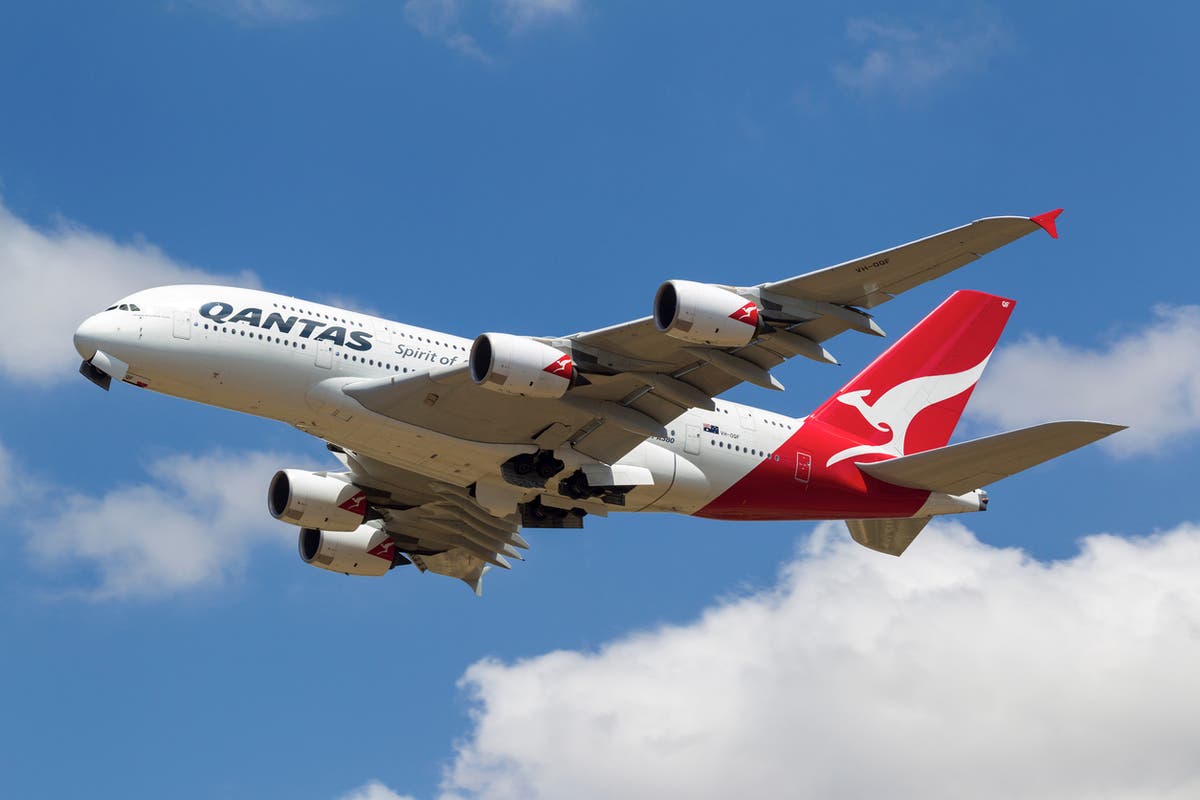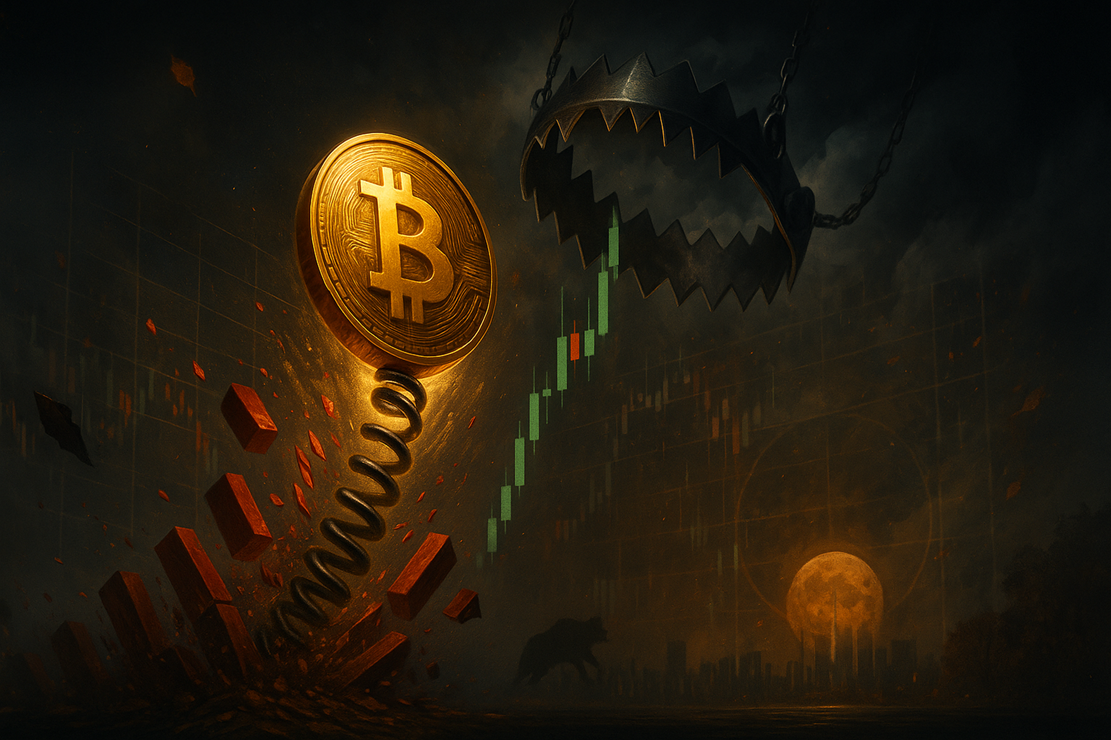How one decision, made last year, saved Sea Ltd. from a brush with bankruptcy
People often question why CEOs are so rich when their regular employees often receive very little. Well, this is precisely because a single decision made at the very top can make or break the entire company.

Disclaimer: Opinions expressed below belong solely to the author. The author doesn’t hold a stock market position in any of the mentioned companies (or in any of their competitors).
My coverage of Sea Ltd. performance tends to be viewed by some as bordering on fanboyish, as I rarely put in a word of criticism about the company or its major ventures, particularly Shopee.
In reality, however, I merely review performance figures which, in the frame they provide, tell a story about the business and how well it does in the market and against its direct competitors. This, however, does not mean it is devoid of fundamental weaknesses or risks — some of them very serious indeed.
So, let’s talk about them.
For all the growth driven by Shopee — which does more business than the entire international arm of Alibaba (and globally speaking, can be seen as second only to Amazon, given its international presence in Asia, South America and Europe as opposed to many still local or regional competitors) — it still requires tremendous amounts of capital to keep it going, generating sizeable losses for Sea as a whole.
They have now ballooned so high that at the latest rate recorded in Q2, it could lose as much as US$4 billion for the year. It is simply not sustainable.
However, were it not for the sound decisions made by the company’s leadership in 2021 (and 2020 to a degree) we would soon be talking about it in past tense, simply because it could already be running out of a financial runway.
Almost exactly a year ago, in mid-October, Sea’s stock peaked at around US$370 per share, giving the company a market capitalisation of about US$170 billion.
A month earlier, it closed its largest funding round of US$6.3 billion, through a blend of new shares and equity-linked debt.
At the time, the comments about the raise ranged from “understandable bulking up of finances” in order to fuel future growth, to questioning its necessity and calling it an opportunistic move that the company doesn’t really need:
“Sea is “not really burning through cash”, Aequitas Research director Sumeet Singh said, adding the latest raising “looks opportunistic rather than something that the company needs.” Given Sea had nearly US$7 billion of cash on its balance sheet at the end of first half, this deal will bolster that to nearly US$13 billion, Singh, who publishes on Smartkarma, told Reuters.”
– Reuters, September 9, 2021In the end, it has turned out to be neither of those things.
Forre-sight
 Forrest Li, founder and CEO of Sea / Image Credit: Guru Gamer
Forrest Li, founder and CEO of Sea / Image Credit: Guru GamerSea’s founder and CEO, Forrest Li, may have intended to use the money as a war chest for further expansion — but as it often is in business, particularly in growth companies, liquidity is king no matter what comes your way.
US$7 billion (or, actually, closer to US$6 billion) in the bank may have looked like a lot of money, but if market conditions turn dire, it may quickly disappear. Today, a mere year later, we can see how true it rings.
I believe Li simply understood the numbers very well at the time and didn’t get swayed by the hype about his own company, even as Citigroup analysts predicted Sea could soon be priced at US$416 or even US$424 per share, encouraging people to buy (even though the stock was already going down at the time).
I have no doubt that Li believes Sea can become a trillion-dollar company one day, but he also must have known that US$150 billion or more was quite an inflated price in mid-2021, so he decided to take advantage of the situation and raise as much as he reasonably could, preparing for the unpredictable global exit out of the pandemic.
And that one decision may have just saved the entire business.
At the end of June 2022, cash and cash equivalents at Sea stood at US$7.8 billion. Simple back-of-the-envelope deduction of the US$6.3 billion, presciently raised last year, would have left the company with just US$1.5 billion — which is not enough to fund its survival through as little as the final two quarters of 2022.
 Image Credit: Sea Ltd.
Image Credit: Sea Ltd.Even if we assume that without the extra funding Sea would have cut down spending and limited investments many months earlier, it’s highly unlikely it would have been able to completely stem losses, and would still have been left with a financial runway of, at best, a year (or, likely, less).
Given the gloomy prospects as we’re heading into 2023, it would put it in really dire straits, particularly as its capitalisation has collapsed along with the rest of the stock market, to just US$23 billion today.
To raise as much as Li did then, he would now have to part with nearly one-third of the company — assuming, of course, there would be any takers. And at this price, a competitor like Alibaba could swallow Sea up with just a year worth of profits.
What a difference that one year made.
Reading the music
This whole situation reminds me of a gripping portrayal of a Wall Street fund CEO by Jeremy Irons in Margin Call (an excellent movie zooming in on the events of the day financial crisis in 2008 started, as first companies realised what’s coming).
John Tuld, played by Irons, proceeds to explain why he is in the CEO role, earning the big money and calling all the shots. It’s not greater skill or brains than that of his analysts or traders:
“I’m here for one reason and one reason alone. I’m here to guess what the music might do a week, a month, a year from now. That’s it. Nothing more.”
People often question why CEOs (founders or not) are paid millions of dollars when their regular employees often receive very little.
Well, this is precisely because a single decision made at the very top, using imperfect, incomplete data about unpredictable market situation can make or break the company.
Bank analysts and pundits can afford to be wrong — their stake in the business is negligible if any, but business leaders can’t.
And it seems that Li (likely aided by smart partners around) made a decision that turned out to be more profound that any of them may have even thought at the time. It must have seemed like a great deal, but it ended up providing a lifeline ahead of a storm that few predicted would come so soon.
Featured Image Credit: Vulcan Post

 Aliver
Aliver 

































